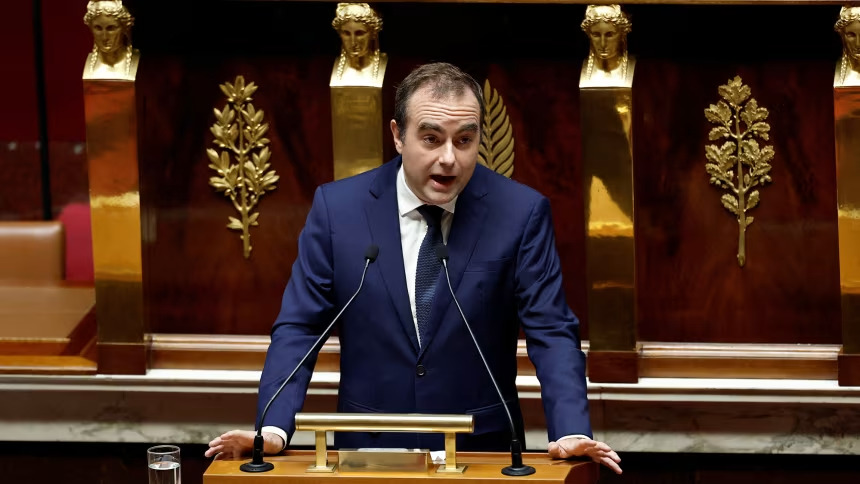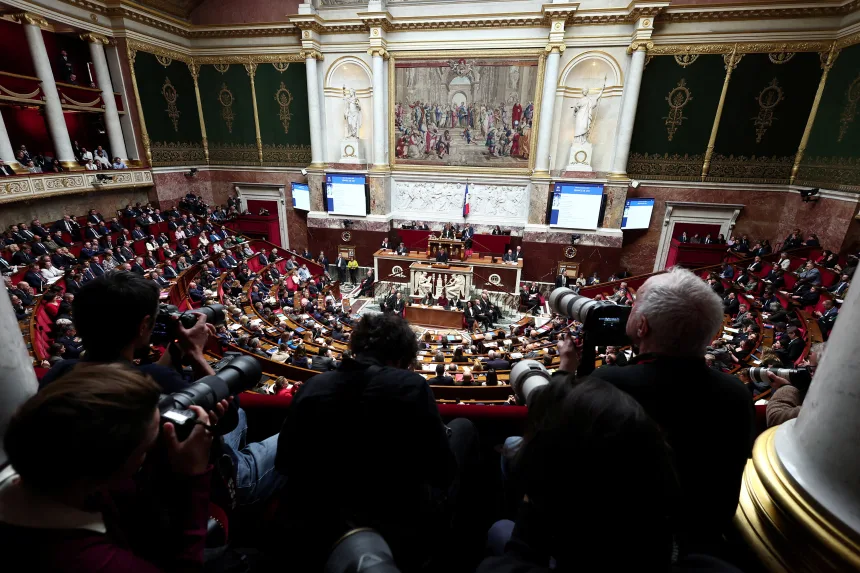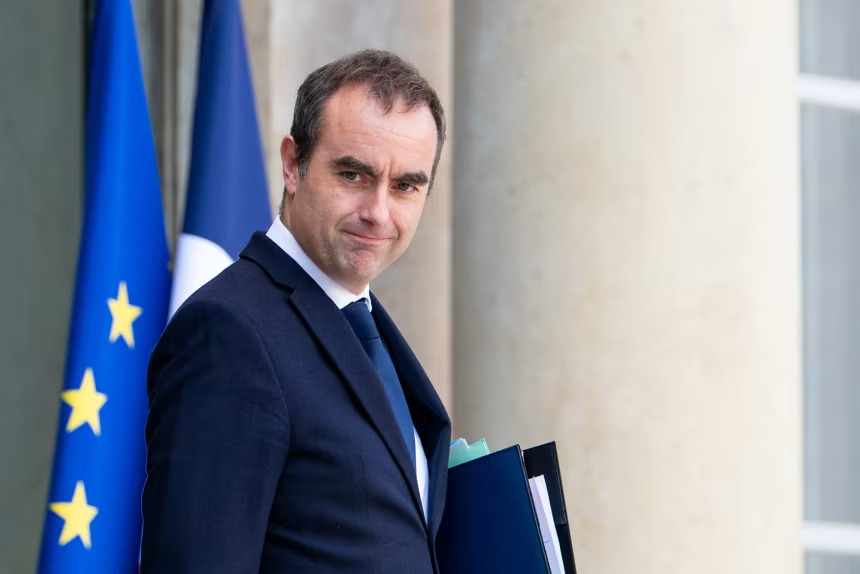The Launch of the Lecornu Administration

TEXT : Brian Curswell
The “endurance test” of French politics began just days after the birth of a new administration. President Emmanuel Macron’s choice for prime minister, Sébastien Lecornu, faced two motions of no confidence almost immediately after taking office. Yet on Thursday, October 17, both motions fell short of the 289 votes required for passage. The motion submitted by the far-left France Unbowed received 271 votes, while that from the far-right National Rally (RN) gained only 144. The Lecornu government thus barely weathered its first major test. While this outcome provided temporary relief for Macron’s camp, it also exposed a deeper issue: the growing fragmentation at the heart of French politics and the increasing fragility of the Macron administration.
The main reason Prime Minister Lecornu managed to survive the no-confidence votes lay in his temporary compromise with the Socialist Party. By pledging to delay the government’s controversial pension reform until after the 2027 presidential election, Lecornu persuaded several Socialist lawmakers to abstain from the vote.
Pension reform has long been the hallmark—and the flashpoint—of Macron’s presidency. The plan to raise the retirement age, justified in the name of “intergenerational fairness,” has fueled discontent among workers and younger generations alike. Macron initially presented the reform as an “unavoidable choice” to preserve France’s competitiveness, but Lecornu’s appointment has forced the administration into a clear course correction.
At the same time, this “postponement” is not merely a tactical retreat. Having served as defense minister, Lecornu has proven himself a pragmatic negotiator through his work on military reform and France’s support for Ukraine. Once again, he is attempting to build bridges between a divided parliament and a weary public by prioritizing stability over ideology. Yet this approach also risks blurring the policy identity of the Macron government itself.

The no-confidence votes symbolized the paradox of a parliament united in its opposition to Macron but divided in ideology. The far-left, led by Jean-Luc Mélenchon’s France Unbowed, and the far-right, under Marine Le Pen’s National Rally, may share a common adversary, but their policy visions remain irreconcilable. Macron’s centrist Renaissance party, caught between both extremes, struggles to maintain a working majority, turning governance into a precarious balancing act.
The Socialist Party’s internal divisions also speak volumes about the instability of French politics. Once a dominant force on the left, the party has lost much of its influence. Some members backed the government in exchange for the pension reform delay, while others condemned the move as a “compromise of principle.”
Although Lecornu’s government survived the no-confidence challenge, the episode underscored the weight of Macron’s remaining term. Barred by the constitution from seeking a third mandate, Macron’s final four years will be defined by three objectives: selecting a successor, reorganizing his political movement, and cementing his legacy.
Lecornu’s role is thus that of a bridge to the post-Macron era. Having entered politics at a young age and built experience in local administration and defense, he represents both a continuation of Macron’s technocratic model and a potential evolution toward a more conciliatory style of leadership.
Yet public sentiment remains volatile. Inflation, persistently high energy prices, and international tensions stemming from the war in Ukraine have fueled deep dissatisfaction. When pension reform eventually returns to the national agenda, it will no longer be just a policy debate—it will be a reckoning for the Macron era itself.

What Lecornu’s government has gained is not stability, but time. While limited Socialist support helped him avoid immediate collapse, his parliamentary foundation remains fragile. Each policy initiative will likely invite both opposition backlash and internal discord.
The key question is whether Lecornu can rebuild dialogue with the French people. Unlike Macron, whose top-down approach often deepened divisions, Lecornu has the chance to renew French politics through communication and consensus. If he succeeds, his premiership could breathe new life into France’s democratic culture. If this “postponement” proves merely a means of political survival, however, the end of the Macron era could come sooner than expected.
France now stands at a crossroads, once again testing the balance between its presidential and parliamentary systems—the twin pillars of the Fifth Republic. Lecornu’s administration has set sail in turbulent waters, and the way he steers will shape the nation’s political future. Surviving the no-confidence votes was not a “victory” but a “reprieve.” The question is how that reprieve will be used. With pension reform delayed, parliament divided, and the far right advancing, France’s next ordeal has already begun.
